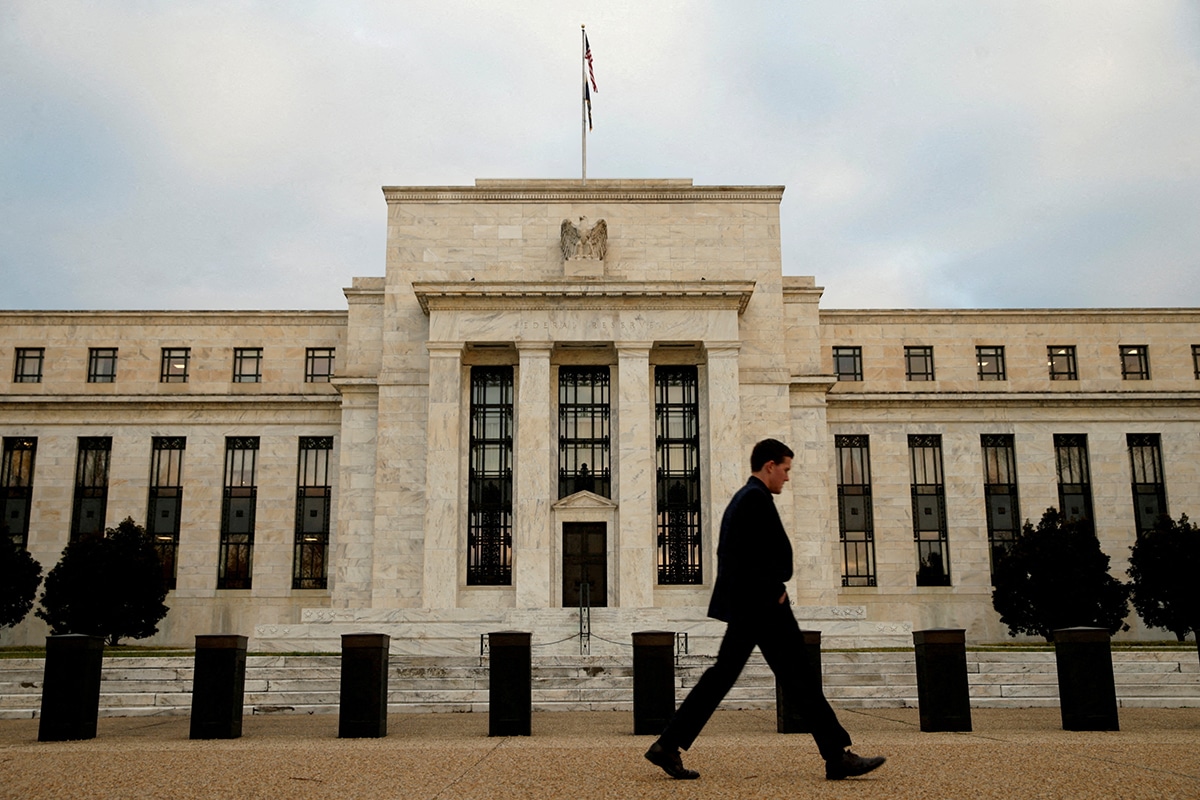There are growing calls for the Federal Reserve to take immediate action to stabilise financial markets and prevent a potential economic recession as global market turmoil escalates.
“The Federal Reserve needs to start easing monetary policy more aggressively than had been anticipated, in order to head off a looming recession in the world’s largest economy,” Nigel Green, CEO of deVere Group, said in a statement on Monday.
He has urged the Federal Reserve to implement an emergency interest rate cut of 25 basis points. This call comes in response to what he describes as a “panic” in global markets, triggered by concerns over the deteriorating state of the United States’ economy. The situation has become so dire that the US central bank has reportedly recalled its officials for an emergency meeting on Monday, following a historic correction in Japan’s stock markets.
“The Federal Reserve needs to start easing monetary policy more aggressively than had been anticipated, in order to head off a looming recession in the world’s largest economy,” he added.
Green warned that the Fed cannot afford to be behind the curve as it was at the beginning of the cycle, highlighting the potential for “legitimate and far-reaching risks of a hard landing” if prompt action is not taken.
The deVere CEO’s recommendation is clear: an emergency cut of 25 basis points this week, followed by another in September. Green believes these measures are necessary to “quell speculation and the growing sense of panic” that has gripped global markets.
The market turmoil is evident across various financial indicators. One of the most significant manifestations is a major bond-market rally, reminiscent of the concerns surrounding the banking crisis in March 2023. Simultaneously, global stock markets are experiencing substantial declines. Japan’s Nikkei, for instance, plummeted by 12.4 percent to 31,458.42, marking its largest one-day fall since October 1987. The broader Topix index also suffered a 12.48 percent loss, closing at 2,220.91.
European markets have not been spared from the downturn. The pan-European STOXX 600 index fell by 2.6 percent to 487.15 points, approaching six-month lows. In the UK, the FTSE 100 experienced its worst drop in over a year, underscoring the global nature of the market sell-off.
Green pointed to the recent weak jobs report in the US as a key factor driving concerns about an economic slowdown. He believes that this data further reinforces the need for immediate action from the Federal Reserve.
“It would be beyond negligent for the Federal Reserve not to announce an emergency interest rate cut in response to the global rout in stock markets,” Green said.
The call for an emergency rate cut comes at a time when interest rates in the US are at their highest level in more than two decades. Proponents of the rate cut argue that lowering rates from these elevated levels could help stimulate economic activity and restore confidence in financial markets.
However, it’s important to note that while Green’s perspective carries weight given his position in the financial industry, the Federal Reserve’s decision-making process involves a complex analysis of various economic factors. The central bank must balance the need to support economic growth with its mandate to maintain price stability and long-term economic sustainability.










